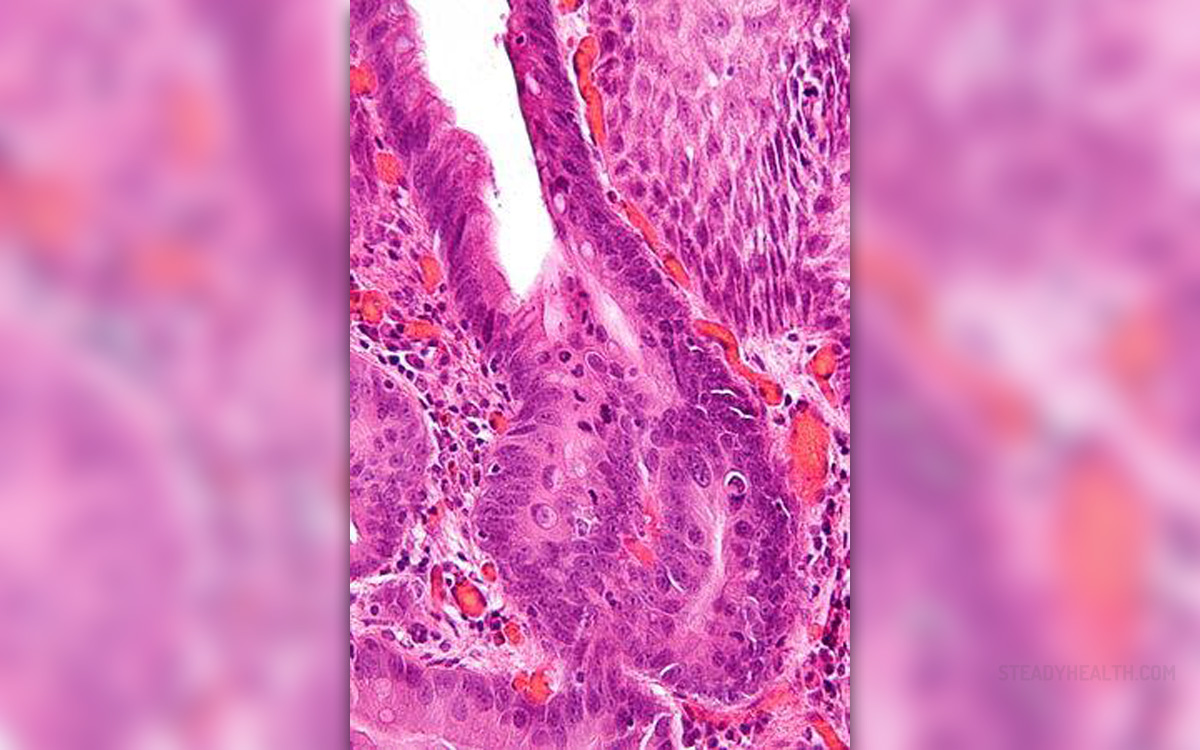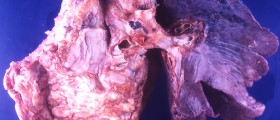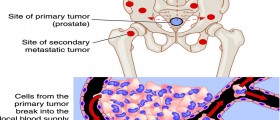
Screening is a procedure of looking for cancer before any actual symptoms of the disease occur and signs of the tumor become visible. Screening easily detects cancer in its initial stage. In such case tumor can be completely eradicated and patients cured. What is more, by finding cancer in early stages one have more treatment options available and the cancer is not difficult to treat. Once patients start noticing the symptoms it becomes clear that the disease has progressed to certain extent and entered advanced stages.
The ways of detecting people who are more prone to certain types of cancer are still being discovered. When more information becomes available, the doctors will be able to advise those who should be screened for cancer to do so, which screening tests should be used and even how soon the next screening is to be performed.
Esophageal Cancer Screening
When malignant or cancer cells form from different tissues of the esophagus, a person is considered to be suffering from cancer of the esophagus. The esophagus is a part of the digestive system. More than one layer of tissue makes the wall of the esophagus. Some of these layers are mucous membrane, muscle and connective tissue. The lining of the esophagus is the site where the cancer cells are first discovered. From there, these cells spread through other layers as the disease progresses.
Medical experts have estimated that two types of esophageal cancer occur more often than others. They are squamous cell carcinoma and adenocarcinoma. When it comes to squamous cell carcinoma type, cancer stems from squamous cells and it develops in the middle and upper part of the esophagus. However, cancer cells can be seen anywhere along the esophagus. In case cancer cells originate from glandular cells of the organ, a person is suffering from adenocarcinoma. This type of esophageal cancer develops in the lower portion of the esophagus.
Every person can develop this type of cancer but available data show that men are approximately three times more prone to it. Also, elderly people are more likely to develop esophageal cancer compared to young individuals.
Just like with every other type of cancer, there are risk factors which contribute to the chance of developing cancer. Some of the potential risk factors which are usually mentioned in the warnings regarding esophageal cancer are consumption of alcohol and tobacco, malnourishment, the presence of certain conditions such as Barret esophagus, having too much weight and even consumption of hot liquids on a regular basis.
There are numerous tests which are being used for detection of malignant tumors. Screening tests play a vital role in efficient fight against cancer not only because they discover the tumor in its early stages but also because they increase the chance of survival. Apart from screening tests there are some other tests as well. However, the problem is that these tests have not been proven in clinical trials to actually decrease the risk of dying due to cancer.
Esophageal Cancer Survival Rate
Discovering that the person is suffering from any type of cancer is a hard thing to hear. However, it is of great significance that no time is wasted. Patients should start with treatment as soon as possible. Cancer Treatment Centers of America or CTCA have excellent survival rates when patient suffering from esophageal cancer are considered. This is one of the main reasons why so many choose to go to one of the CTCA hospitals.
The available shows that the average survival rate in patients who are being treated in CTCA hospitals after a period of half a year is higher than 60%. No other hospital in the United States comes even close to this percentage of survival rate. In addition, there are quite a few hospitals and treatment centers whose survival rates are not available for everyone to see.
The National Cancer Institute or NCI also confirms that CTCA hospitals are the best place for being treated for advanced stages of esophageal cancer. The number of patients with advanced stage of esophageal cancer was 37. All the patients who were included in the survey were diagnosed with esophageal cancer within a period from 2000 and 2005.
Even though the survival rate which was presented was high, it should not be forgotten that these survival rates were based on a small number of patients. The main reason why the number of patients who were included was small was because the survey only included cancer patients who had been treated at Cancer Treatment Centers of America. Another reason was that not even one patient whose record included missing information was a part of the analysis.
All in all, cancer is not a simple disease and the condition is not the same in every person. That is why proper treatment differs quite a lot.

















Your thoughts on this
Loading...